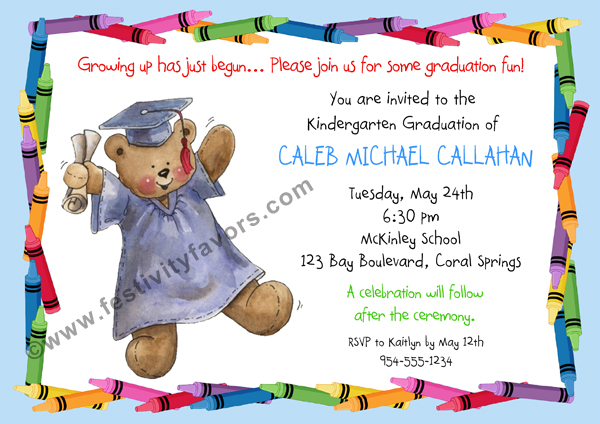



The research on pre-K continues to be mixed. To put it crudely, policymakers and experts have touted for decades now that if you give a 4-year-old who is growing up in poverty a good dose of story time and block play, they'll be more likely to grow up to become a high-earning, productive citizen. About 7 in 10 4-year-olds now attend some kind of academic program. Preschool has been expanding in recent years and is currently publicly funded to some extent in 46 states. Federally funded universal prekindergarten for 3- and 4-year-olds has been a cornerstone of President Biden's social agenda, and there are talks about resurrecting it from the stalled-out "Build Back Better" plan. It's a bad time for early childhood advocates to get bad news about public pre-K. "This is still the only randomized controlled trial of a statewide pre-K, and I know that people get upset about this and don't want it to be true." Why it's a bad time for bad news But her study design was unusually strong, so she couldn't easily explain it away. A statewide public pre-K program, taught by licensed teachers, housed in public schools, had a measurable and statistically significant negative effect on the children in this study.įarran hadn't expected it. "In third grade, where we had seen effects on one type of suspension, which is minor violations, by sixth grade we're seeing it on both types of suspensions, both major and minor." "Whereas in third grade we saw negative effects on one of the three state achievement tests, in sixth grade we saw it on all three - math, science and reading," says Farran.


 0 kommentar(er)
0 kommentar(er)
